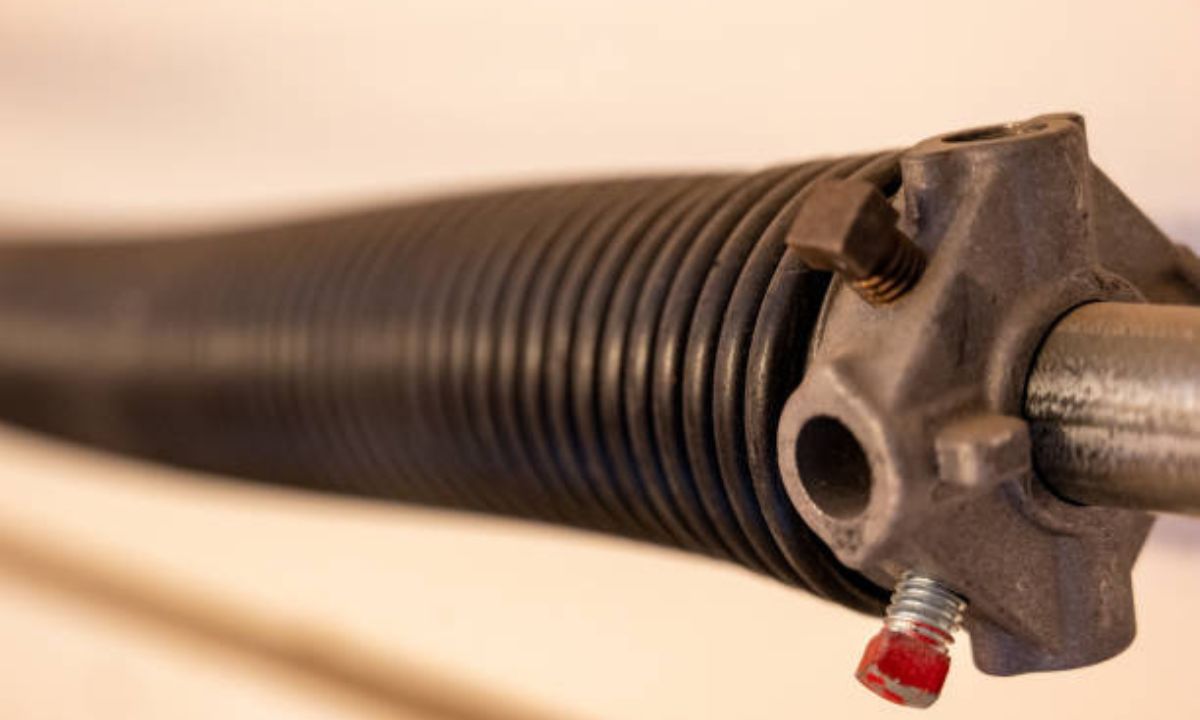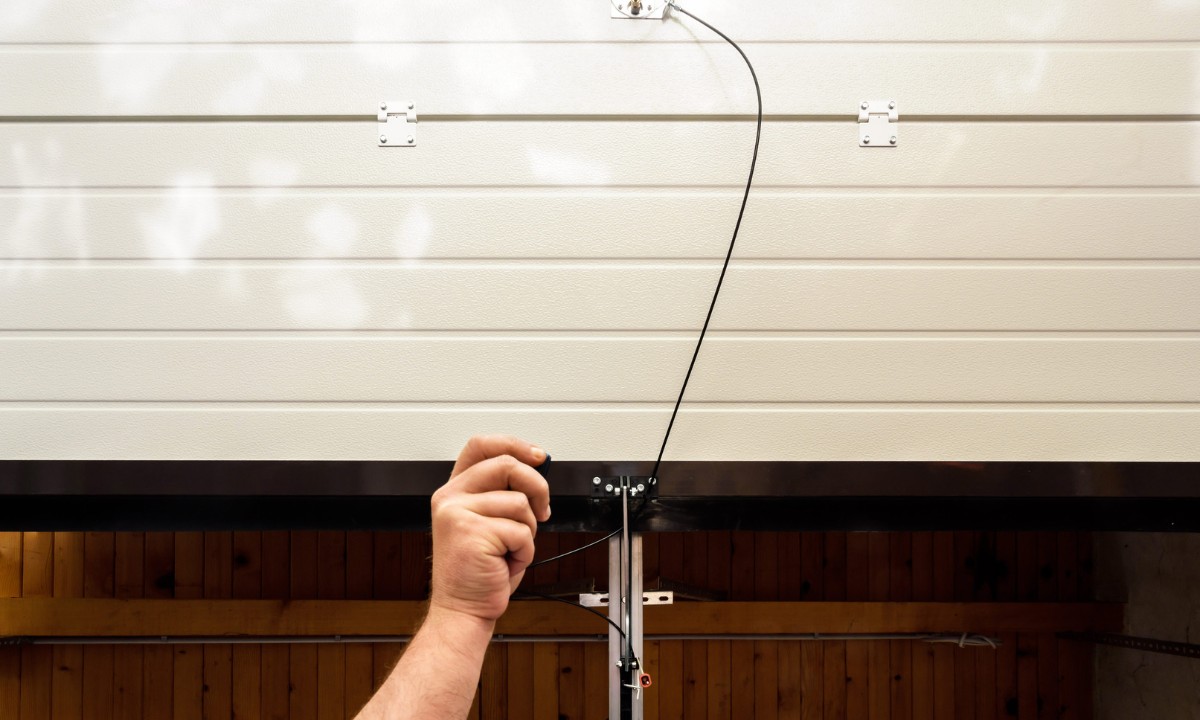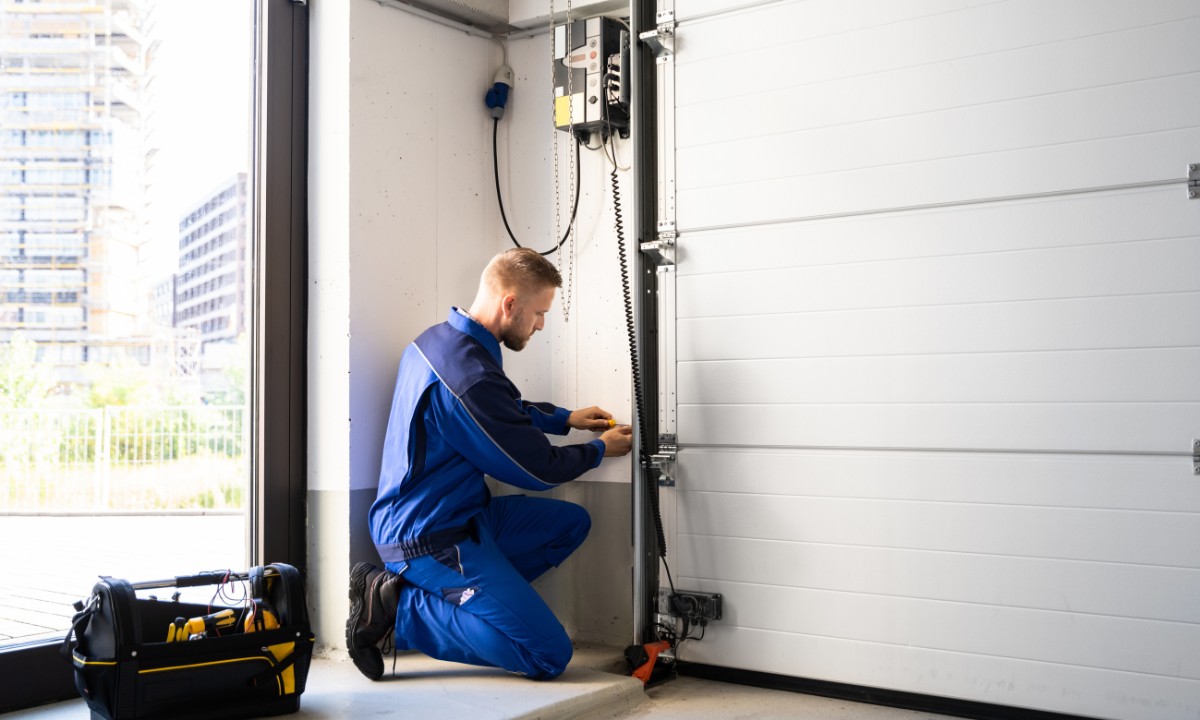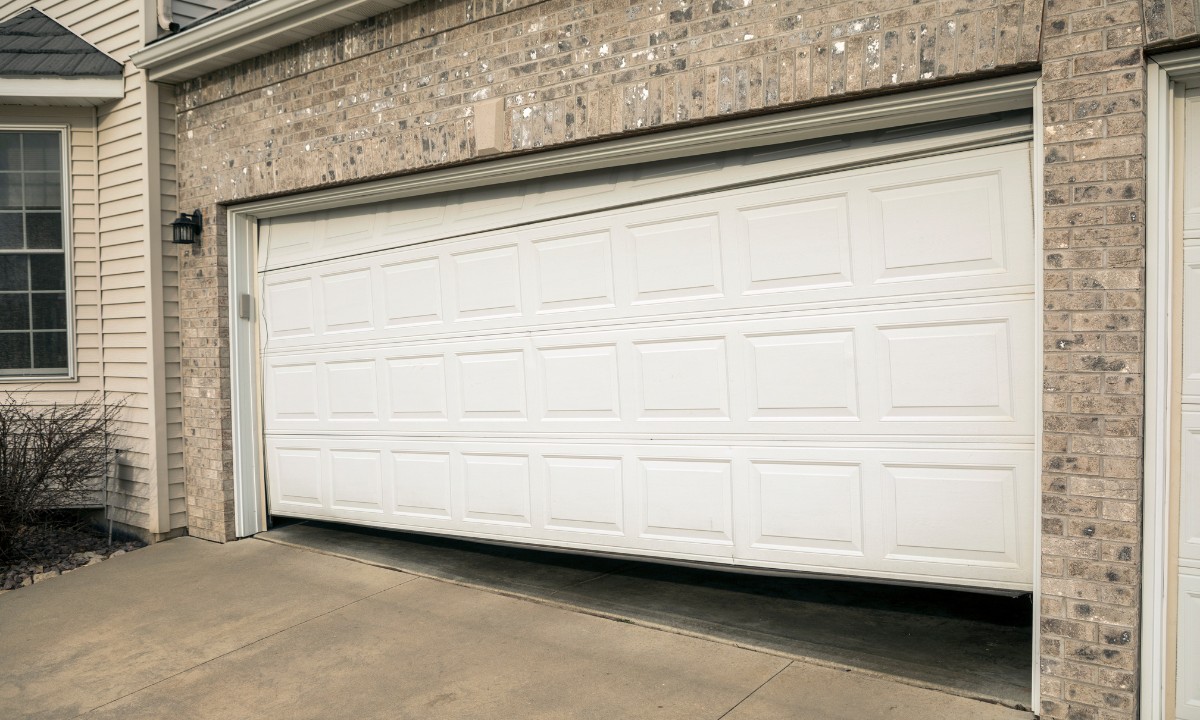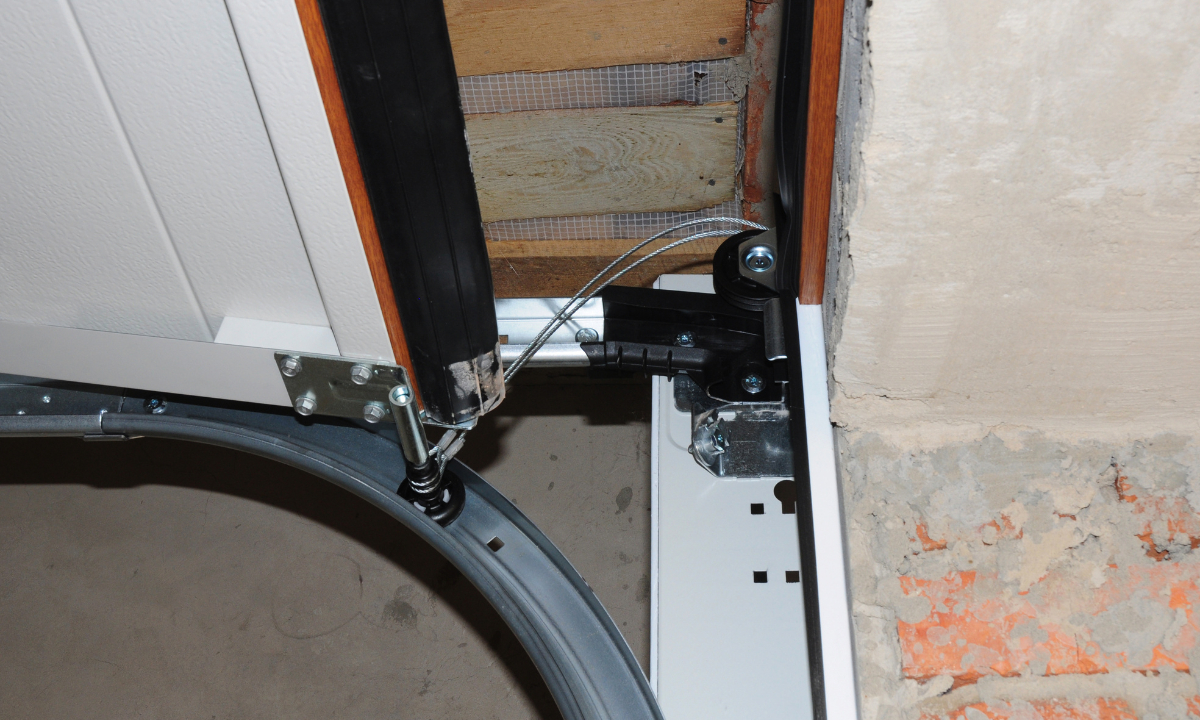The Benefits and
Drawbacks of Various Garage Door Springs in Aurora, Colorado
Introduction
By supporting the weight of the
garage door and guaranteeing balanced movement, garage door springs are
essential to the proper operation of your garage door. With Aurora, Colorado's
variable weather and seasonal variations, choose the proper material for your
garage door springs is crucial to their longevity and dependability. Every
material has its own advantages and disadvantages, so knowing your alternatives
will help you make the best choice possible.
Aurora, Colorado's
Spring Materials
The weather in Aurora is harsh in
the winter and warm in the summer, which can wear down garage door springs. The
springs' material has a big influence on how well they withstand variations in
humidity, temperature, and frequent use. Selecting the appropriate material
will help your garage door springs last longer, require less maintenance, and
operate safely and dependably.
Contact Information
Call David Garage Door Spring Repair
at 720-637-1160 for professional garage door spring repair in Aurora.
Types of Spring Repair
Although steel is the usual material
for garage door springs, there are several steel varieties and coatings that
can be used to improve performance.
The most popular kind of garage door
springs are steel springs. They are perfect for frequent usage because they are
sturdy and long-lasting. But if steel springs aren't coated or maintained
correctly, they might rust, particularly in humid or moist locations.
Galvanized Steel Springs
Coated in zinc, galvanized steel
springs offer increased resistance to rust and corrosion. This coating is
especially helpful in places like Aurora, where moisture and seasonal
variations can lead to corrosion. Galvanized springs, however, might need to be
adjusted more frequently since the coating might make them marginally less
flexible than regular steel springs.
Oil-Tempered Springs
To increase its strength and
suppleness, steel is heated and then dipped in oil to create oil-tempered
springs. These springs work well in a variety of weather conditions and are
incredibly resilient. If not adequately cared for, they are susceptible to
rusting over time.
Various Materials and their
Advantages
It's crucial to weigh the advantages
and disadvantages of each type of spring when choosing the best one for your
garage door:
Steel Springs
Advantages: Robust, easily accessible, and
reasonably priced.
Cons: Rust-prone if untreated or
uncoated, especially in humid environments.
Springs made of galvanized steel:
Advantages
Long-lasting, resistant to rust, and
perfect for damp environments.
Cons: They could cost more than
standard steel springs and need to be adjusted more frequently.
Springs Tempered by Oil
Advantages
Exceptionally strong, resilient to
variations in temperature, and less likely to break.
Cons
May need frequent lubrication to
maintain function and may corrode with time.
Common Problems
Various spring materials may
experience particular problems based on their surroundings and level of maintenance.
The most frequent problem with steel and oil-tempered springs is rust and
corrosion, which is more likely to occur in humid or wet locations. Rust
compromises the spring's structural integrity and may lead to an early failure.
Problems with Flexibility
Over time, galvanized springs may
become less flexible, requiring more frequent adjustments to maintain the right
amount of stress and balance.
Snapping
Inadequately maintained springs or
those exposed to high temperatures have the potential to break, endangering
people's safety as well as causing damage to the garage door system.
Spring Replacements
Choosing the proper material for
your garage door spring replacements is essential to guaranteeing both
long-term performance and safety.
Selecting the Proper Material for
Replacements
Take into account the weather in
your area and the particular issues your garage door deals with. Oil-tempered
or galvanized springs could be a better option than regular steel springs in
Aurora because of the region's frequent wetness and temperature swings. To find
the ideal solution for your unique requirements, speak with an expert. They can
also make sure the springs are placed and adjusted correctly.

